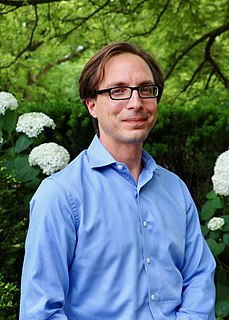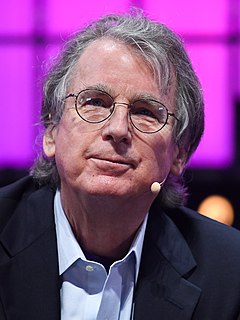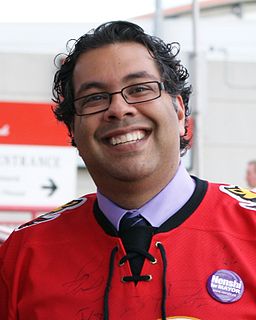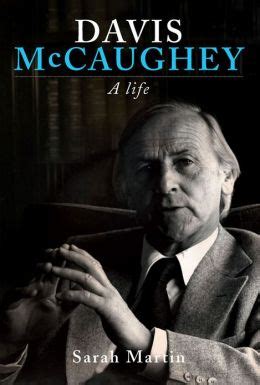A Quote by Lawrence Eagleburger
The question is not really about a shift to the economic cone where officers are writing about the balance of payments and the need for economic stabilization.
Related Quotes
That is certainly the promise of [Donald Trump] campaign and the promise of his economic program.This economic program is really the pickup truck of economic programs. It's the Ford F-150 of economic programs. It's about manufacturing. It's about oil, fossil fuels. It's a deliberate, forceful reassertion of an image of American industrialism that we have inherited from the 20th century.
When we talk about the word 'socialism,' I think what it really means is just democratic participation in our economic dignity and our economic, social, and racial dignity. It is about direct representation and people actually having power and stake over their economic and social wellness, at the end of the day.
My position is that the rate should align with the level of economic development. Because it is always about a balance, a balance of interests, and it should reflect this balance. A balance between those who sell something across the border and those who benefit from a low rate, as well as a balance between the interests of those who buy, who need the rate to be higher. A balance between national producers, for example, agricultural producers who are interested in it.
I certainly want people to read what I've written. Yet, and here's that question of economic position, because I have a secure job, I don't need a wide readership to survive. I'm a participant in the indirect economy, what sociological critic Pierre Bourdieu would call the "economic world reversed." I get "paid" by writing whatever I choose. That's a pretty good position to be in, but I don't pretend for a moment that it is not a privileged one.
All three of the leaders looked like they were surprised to be asked about housing. And really none of them had anything interesting to say. And so this is something we need to push hard on to ensure that they understand that our housing crisis is really a major economic issue. It's not a social issue; it's an economic issue.
And one day we must ask the question, "Why are there forty million poor people in America?" And when you begin to ask that question, you are raising questions about the economic system, about a broader distribution of wealth. When you ask that question, you begin to question the capitalistic economy.
... what we should be looking for is fresh ideas of how we make moral decisions about our dealings with one another, economic, social, cultural. Economic determinism is an objectionable creed where men and women espouse it in its communist or capitalist form because it treats human beings as economic units and not as responsible persons.
Government by the people for the people becomes meaningless unless it includes major economic decision-making by the people for the people. This is not simply an economic matter. In essence it is an ethical and moral question, for whoever takes the important economic decisions in society ipso facto determines the social priorities of that society.








































